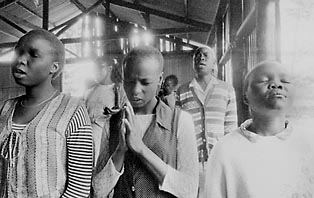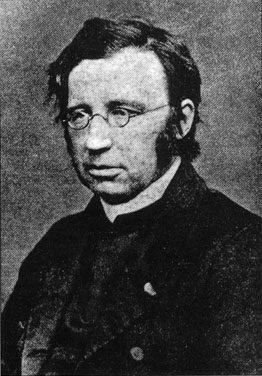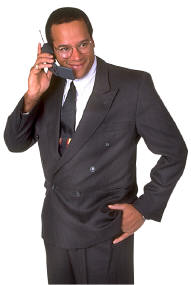Consumerism
The Church opposes accumulation of wealth when others lack the basic necessities of life: “...there is a better understanding today that the mere accumulation of goods and services, even for the benefit of the majority, is not enough for the realization of human happiness.” (Sollicitudo Rei Socialis, 28)
John Paul II expressed strong opposition of superdevelopment, which results from a mere production of goods and leads to waste while many others around the world can not afford essential human provisions. This lack of universal solidarity is called “consumerism” and very much applies to the United States. The late Pope in his own words condemns such principle:
“...with the miseries of underdevelopment, themselves unacceptable, we find ourselves up against a form of superdevelopment, equally inadmissible. Because like the former it is contrary to what is good and to true happiness. This super-development, which consists in an excessive availability of every kind of material goods for the benefit of certain social groups, easily makes people slaves of "possession" and of immediate gratification, with no other horizon than the multiplication or continual replacement of the things already owned with others still better. This is the so-called civilization of "consumption" or " consumerism ," which involves so much "throwing-away" and "waste." An object already owned but now superseded by something better is discarded, with no thought of its possible lasting value in itself, nor of some other human being who is poorer.” (Sollicitudo Rei Socialis, 28)
Socialism
The Church is against a socialist model of economy, because it does not allow the workers to dispose of their income as they desire for their benefit and their families’:
“Socialists, therefore, by endeavoring to transfer the possessions of individuals to the community at large, strike at the interests of every wage-earner, since they would deprive him of the liberty of disposing of his wages, and thereby of all hope and possibility of increasing his resources and of bettering his condition in life.” (Rerum Novarum, 5)
Free Market
It may surprise many, but the Church rejects the notion that a free market automatically produces justice. The Church acknowledges that competition and free markets are useful elements of economic systems, but these markets must be kept within limits established by law, otherwise it leads to individualism:
“The easy gains that a market unrestricted by any law opens to everybody attracts large numbers to buying and selling goods, and they, their one aim being to make quick profits with the least expenditure of work, raise or lower prices by their uncontrolled business dealings so rapidly according to their own caprice and greed that they nullify the wisest forecasts of producers.” (Quadragesimo Anno, 132)
“Just as the unity of human society cannot be founded on an opposition of classes, so also the right ordering of economic life cannot be left to a free competition of forces. For from this source, as from a poisoned spring, have originated and spread all the errors of individualist economic teaching.” (Quadragesimo Anno, 88)
Free Markets
It may surprise many, but
the Church rejects the notion that a free market automatically produces justice. The Church acknowledges that competition and free markets are useful elements of economic systems, but these markets must be kept within limits established by law, otherwise it leads to individualism:
“The easy gains that a market unrestricted by any law opens to everybody attracts large numbers to buying and selling goods, and they, their one aim being to make quick profits with the least expenditure of work, raise or lower prices by their uncontrolled business dealings so rapidly according to their own caprice and greed that they nullify the wisest forecasts of producers.” (Quadragesimo Anno, 132)
“Just as the unity of human society cannot be founded on an opposition of classes, so also the right ordering of economic life cannot be left to a free competition of forces. For from this source, as from a poisoned spring, have originated and spread all the errors of individualist economic teaching.” (Quadragesimo Anno, 88)
More from Evangelical Catholicism, here.























